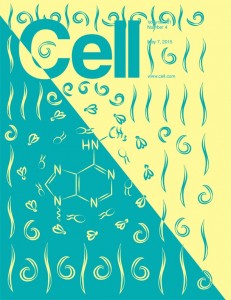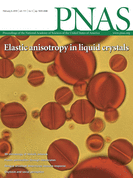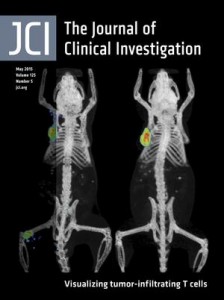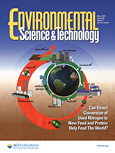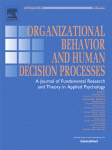 The editor-in-chief of Organizational Behavior and Human Decision Processes has issued an Expression of Concern about a 2011 paper that explores the link between ethical leadership and employee performance.
The editor-in-chief of Organizational Behavior and Human Decision Processes has issued an Expression of Concern about a 2011 paper that explores the link between ethical leadership and employee performance.
The paper, “Linking ethical leadership to employee performance: The roles of leader–member exchange, self-efficacy, and organizational identification,” is one of seven that were flagged in a report by Arizona State University (ASU) that investigated the corresponding author, Frederick Walumbwa, for possible research misconduct, as we noted in November.
“The fit statistics reported in the article contain many errors,” the notice says. It goes on to say that “it is difficult to understand the implications of these errors unless the raw data is made available” — but that the authors were not able to provide it. Here’s the full text of the expression of concern: Continue reading Retraction-plagued management researcher hit with expression of concern
